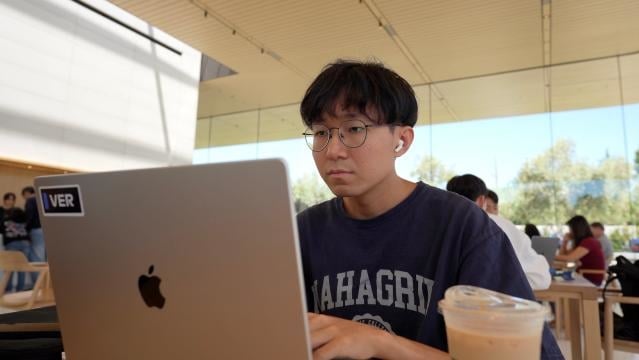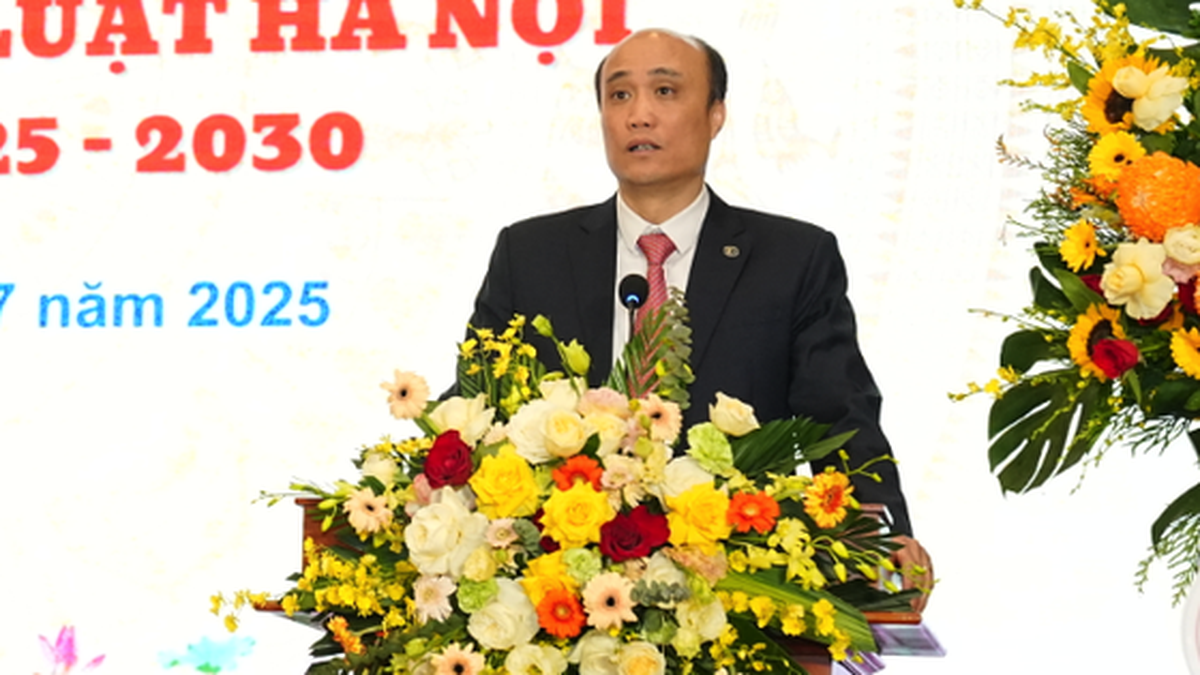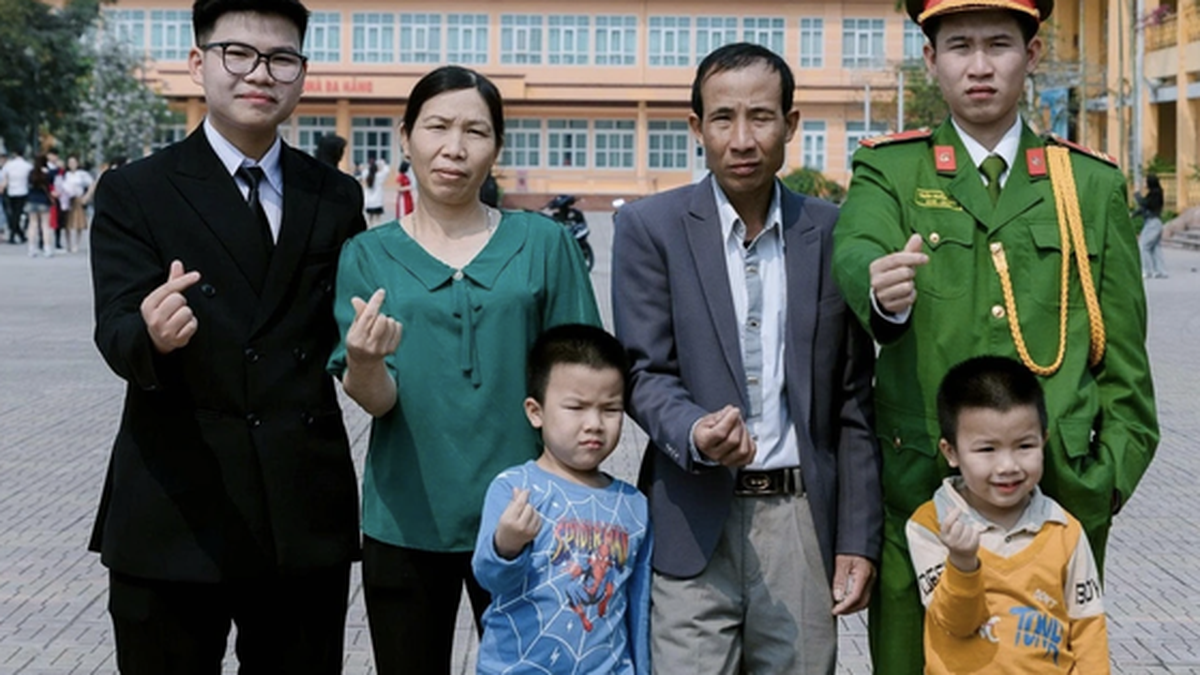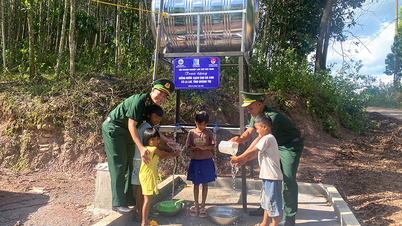Singapore Recruitment is down while the number of students studying Computer Science is increasing, making it harder to find formal jobs or internships.
Six years ago, Joel Wong, a high school student in Singapore, read the results of the annual survey on employment rates and average salaries of university graduates published by the Ministryof Education . Because of his interest in technology and the high salary, he chose to study Computer Science at the National University of Singapore (NUS).
"At that time, the salary for a Computer Science bachelor's degree was the highest in the market. That partly motivated me to choose this major," said Wong, now 24.
But things have changed. Tech giants like Facebook and Google have laid off tens of thousands of employees globally, including in Singapore. For final-year students like Wong, finding a job has become more difficult.
“A lot of tech companies in Singapore that used to hire a lot of computer science students are no longer hiring,” said Wong, who said he applied for 17 positions last month and received responses from five companies, but ultimately received no job offers.
Not only are full-time positions in short supply, internships are also becoming scarce. Bryan Ho, 23, a third-year computer science student at NUS, said he had applied for 100 internships and was lucky enough to receive four offers.
"I think things will definitely get harder because if too many companies cut staff, there won't be many internship positions left," Ho said.

Joel Wong. Photo: Business Insider
According to the Singapore Ministry of Manpower's Q2 Labor Market Report, the total number of IT jobs reached 143,400 - down 0.2% from the previous quarter. In June alone, the number of vacancies was 5,700, down 42% from the same period last year.
Ethan Ang, CEO and co-founder of NodeFalir, a tech recruitment site in Asia, said that the massive hiring spree by companies during the pandemic led to this situation. Ang cited that in 2021, the demand for human resources reached a peak, pushing up salaries and the number of vacancies. Some people even received five job offers at the same time. When demand decreased, companies were extremely cautious about recruiting new graduates.
Ben Leong, Associate Professor of Computer Science at NUS, believes that this is not due to a lack of vacancies but rather the increase in the number of students in Singapore who can fill these jobs. NUS admissions statistics show that in 2022, 1,042 new students chose to study computing, up 57% from 2018.
Additionally, Leong says today’s students need to be realistic about what tech employers expect. Like lawyers or doctors, computer science engineering requires specialized skills and not everyone who studies it can do the job.
“It's hard work and getting a degree doesn't mean you get a job,” Leong said.
Bryan Ho said he is considering other internships that could help him gain work experience to apply for full-time jobs in the future.
“I might graduate a little late and hopefully by then, it will be easier for me to get a job with a higher salary,” Ho said.
Nodeflair statistics show that the average salary of new IT graduates in Singapore is about 3,750-6,250 SGD/month (67-112 million VND).
Huy Quan (According to Business Insider, Ministry of Manpower Singapore)
Source link





















































![[Maritime News] More than 80% of global container shipping capacity is in the hands of MSC and major shipping alliances](https://vphoto.vietnam.vn/thumb/402x226/vietnam/resource/IMAGE/2025/7/16/6b4d586c984b4cbf8c5680352b9eaeb0)














































Comment (0)